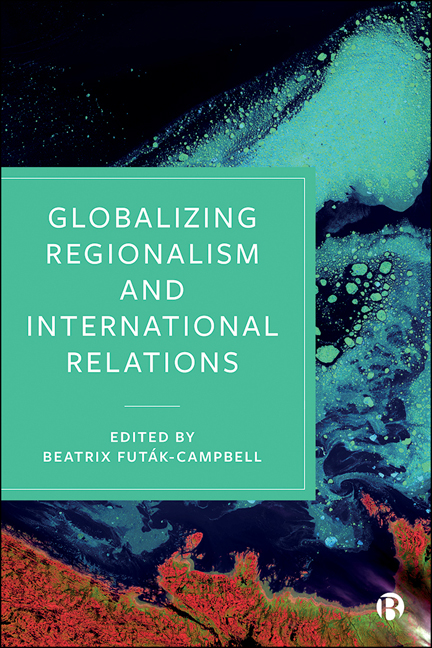8 - India and West Asia: Re-Emerging Region(s)?
Published online by Cambridge University Press: 21 December 2021
Summary
There is today no region which impinges on India's security with as much immediacy as West Asia. This is not surprising or new. For centuries our extended neighborhood in West Asia has been a part of our lives in India, beginning with the four thousand year old trading relationships evidenced by sailing ships on Indus Valley seals found in archeological sites in Iraq. These are truly historical, cultural, linguistic, religious and civilizational links. (Menon, 2013)
The visits by Indian Prime Minister Narendra Modi to various Middle East states from 2015 to 2021 have highlighted an interest in a region that had been largely neglected in the foreign policy agenda of previous Indian governments. Some observers have interpreted these developments as indicators of a shifting Indian approach towards the Middle East (Gupta, 2017; Pethiyagoda, 2017; Brandenburg and Gopalaswamy, 2018; Pant, 2018). Others have argued that there is in fact more continuity than change in the determinants of India's Middle East policy (Joshi, 2015; Gupta et al, 2019). Are these developing ties redefining the regional boundaries between two traditionally distinct South Asian and Middle Eastern regions? Or is it problematic to frame these growing transactions in logics of trans-regional cooperation, thereby (re-)producing arbitrary and Eurocentric spatial understandings of South Asia and the Middle East? Are present conceptualizations of the ‘region’ as an analytical category, mostly derived from the West European experience, useful to understand India's evolving Middle East policy?
These questions are not trivial today given the contemporary debates over the role of regions in world politics and more specifically about India's emergence from a regional to a global power. If what distinguishes a great power from a regional power is the spatial scope of its interests and actions, then the nature and intensity of India's involvement in geopolitics of the Middle East must be carefully assessed. India is considered by both academics and policy-makers as a rising power whose reach and influence will increasingly be global. How exactly can we measure this transition from regional to global power? Some scholars have argued that a proto-great power needs to have interests that transcend its home region as well as the capacity to engage to defend these interests in an adjacent region (Stoll, 1989; Pardesi, 2015).
- Type
- Chapter
- Information
- Globalizing Regionalism and International Relations , pp. 181 - 206Publisher: Bristol University PressPrint publication year: 2021



